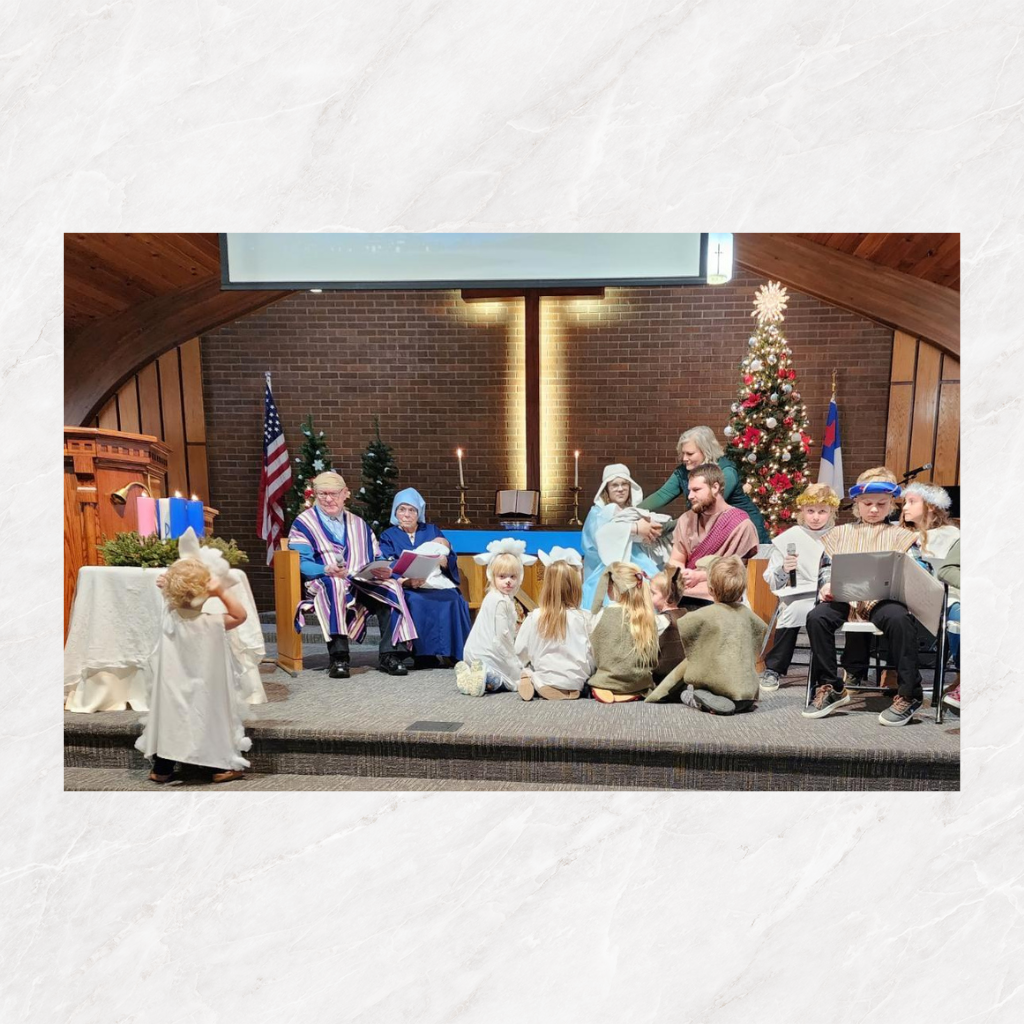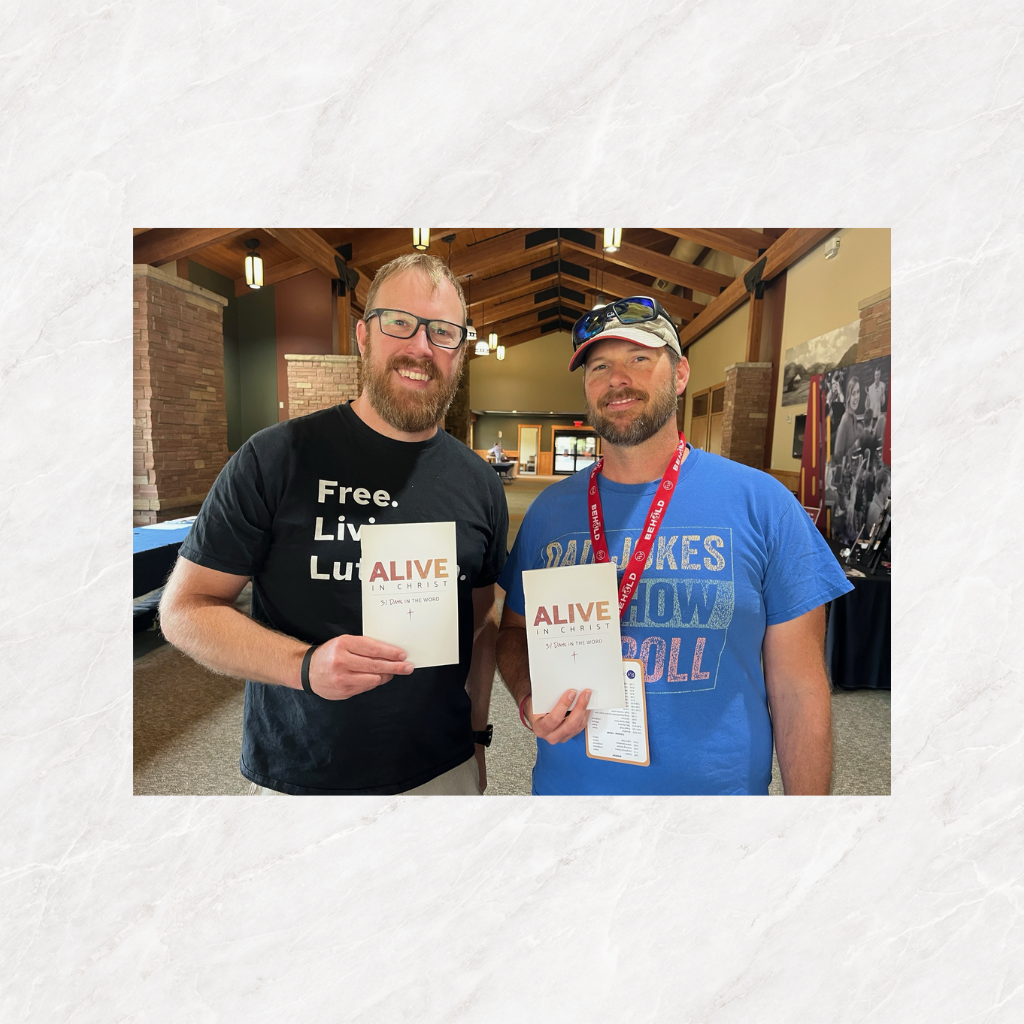Reviews
Martin Luther’s Ninety-Five Theses

As a Lutheran, in the past I often referred to the “95 Theses” but had never actually read Martin Luther’s Ninety-Five Theses in their entirety.
Martin Luther wrote the theses and nailed them to the church door with the intention that they would be a starting point for debate with other church leaders or scholars. However, the debate never happened. Instead, Luther set the Catholic world on fire and started a revolution that became the Protestant church. A lot of the Ninety-Five Theses were in direct response to the new indulgences that were being sold by Tetzel, which he said forgave past, present, and future sins without any acts of repentance or penitence. Luther saw this as a direct contradiction to what the Bible said about repentance as well as what the Catholic Church taught about repentance. Now, instead of works of merit or repentance, you could simply buy your way free, and the burden was simply on being able to afford it. It was all about you, and there was nothing about the essential working of salvation and redemption to the process any more. In the Ninety-Five Theses, Luther doesn’t outright condemn all indulgences. It was the start of the process for him to untangle what he thought about them, and it wasn’t until later on that he realized he shouldn’t have continued to affirm the pope and indulgences and changed his viewpoint on these things and others.
Martin Luther had struggled his whole life to find freedom from feeling unworthy and sinful. To buy your way free went against everything he had struggled with. His Ninety-Five Theses helped him and other Catholics to start defining and discussing that the Church had begun to sell doctrine, turning theology into a money-making scheme. From this, Luther went back to what were to him the essentials of the faith—that grace and forgiveness were through Christ and the Word alone, not the Church.
The Ninety-Five Theses are very interesting to read, especially since so many of them are immersed in the world of Catholic theology at the time of 1517. This version I read, with edits by Stephen J. Nichols, had some interesting additions of notes that helped to describe the background of what was going on with each of the theses and what each was in response to.
Reading of the Ninety-Five Theses feels like a dipping of a toe in the waters of a much deeper theological and historical context, and I recommend following it with reading of further works by Martin Luther as he develops his thoughts more thoroughly based on his study of Scripture and moves further away from the practices of the Catholic Church.
Esther Moberg
AFLBS Alumni/Former AFLC Schools Librarian
Seaside, OR
Order your hardcover copy here: Ambassador Publications Online Store

Prayer Partners in Christian Education

Presents with Presence

